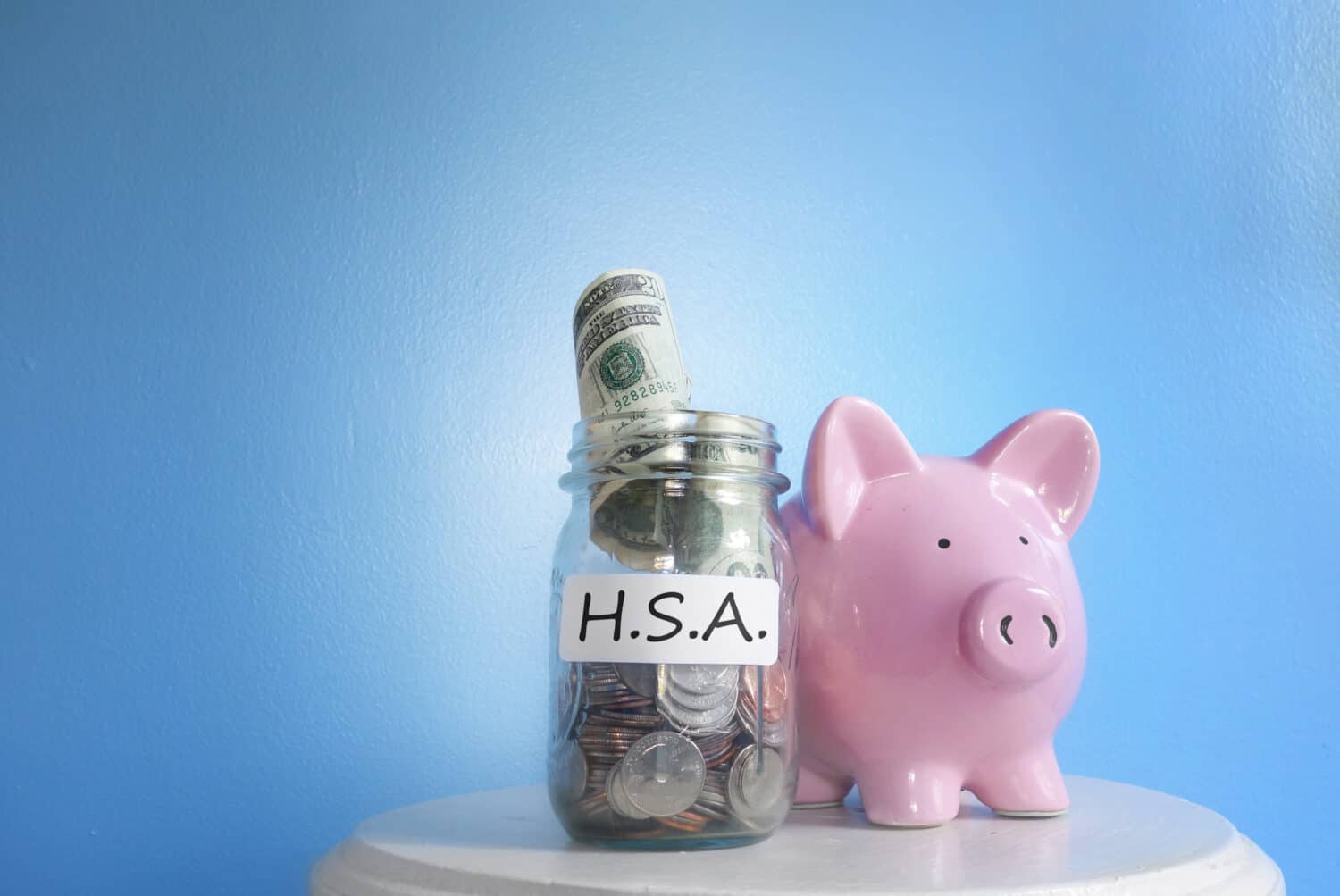
A health savings account (HSA) is designed to help you save and invest for future medical expenses, while giving you a triple tax advantage. In fact, many financial advisors consider it one of the most rewarding types of savings accounts when it comes to tax benefits.
But it’s important to know how these benefits work in order to avoid penalties and other consequences.
Tax-deductible contributions

If you have an HSA through your employer, you can make pre-tax contributions directly from your paycheck. This means your contributions could lower your taxable income and could therefore reduce your tax bill or increase your refund.
And if you have an HSA through another provider such as a financial institution like Fidelity, you can make after-tax contributions and claim a deduction on your tax return.
But it’s important to understand the rules behind HSA contributions. Each year, the IRS sets HSA contribution limits. These are the HSA contribution limits for 2024.
- $4,150 for individual coverage
- $8,300 for family coverage
And if you’re 55 or older, you can contribute an additional $1,000 in 2024.
HSA money grows tax-free

The interest or market returns your HSA contributions earn won’t be taxed. This HSA tax benefit makes it similar to how money grows tax-free in an individual retirement account (IRA). In fact, HSAs can be effective retirement savings tools.
This is because after you turn 65, you can withdraw money from an HSA to cover anything including non-qualified expenses penalty free. But you’d still owe regular income tax on this kind of distribution.
Tax-free withdrawals for qualified healthcare expenses

The money you take out of an HSA is tax-free as long as you use the funds on qualified healthcare expenses, as defined by the IRS.
It’s very important to know what these are (and aren’t), considering the high costs of healthcare. But HSA eligible expenses cover a wide umbrella of medical, dental, and prescription costs.
However, keep in mind that HSA distributions for non-qualified healthcare expenses before the age of 65 would trigger a 20% penalty on the withdrawal in addition to ordinary income tax.
To get the full picture of what’s a qualified healthcare expense, you can check out the latest version of IRS Publication 502. But keep in mind the IRS can update this document at any time, so it’s important to review the most current version and stay in close touch with your HSA provider and tax advisor.
It’s also important to note that you need to report all HSA distributions to the IRS.
Your HSA administrator would send you Form 1099-SA. This form details HSA distributions for the year. You must use the information on Form 1099-SA to complete IRS Form 8889. You’d then include this with your Form 1040 when you file your taxes.
Keep in mind that you’d also need to report your contributions on your Form 8889. You can typically find this data by logging into your HSA account online.
Why we covered this

An HSA can be one of the most tax-advantaged medical savings accounts out there. But in order to make the most out of these benefits, you need to understand some key details and rules about how HSAs work. So we developed this guide to make that easier for you.
If you want to learn more about HSAs, check out our regularly-updated HSA main page for the latest coverage.
Are You Ahead, or Behind on Retirement? (sponsor)
If you’re one of the over 4 Million Americans set to retire this year, you may want to pay attention.
Finding a financial advisor who puts your interest first can be the difference between a rich retirement and barely getting by, and today it’s easier than ever. SmartAsset’s free tool matches you with up to three fiduciary financial advisors that serve your area in minutes. Each advisor has been carefully vetted, and must act in your best interests. Start your search now.
Don’t waste another minute; get started right here and help your retirement dreams become a retirement reality.
Thank you for reading! Have some feedback for us?
Contact the 24/7 Wall St. editorial team.





